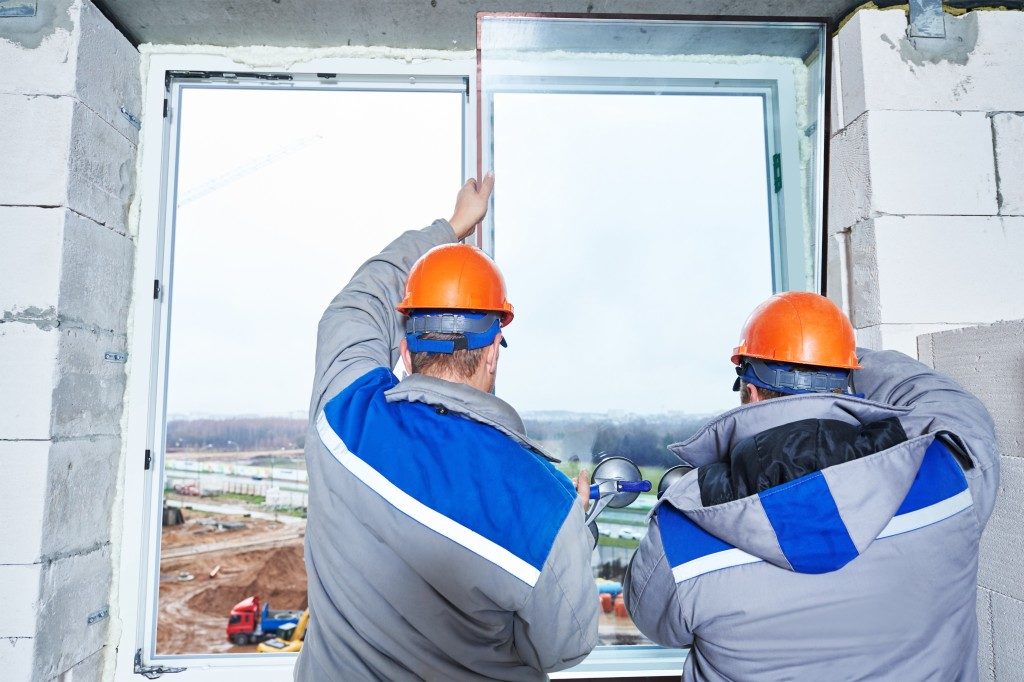Replacing your windows should be one of your most significant home improvement projects, but most homeowners put it off. Some think that replacing windows should only be done when they’re going to sell the home, or that it’s a big expense for little gain. As for the first, this is not true, as you can recoup up to 70% of the total costs you spent to replace your windows. After all, the windows are one of the first few things a buyer sees when they look at a home for sale.
As for the second, replacing your windows has a bevy of benefits. Here’s why you should prioritize restoring your windows if your resources can accommodate only remodeling project a year:
Improved Weathertightness
Roof leaks are bad enough, but if you have to deal with rainwater leaking through your windows every time it rains, then getting new windows should be at the top of your to-do list. It’s not just the inconvenience; excess moisture can increase your indoor moisture levels and encourage mold and mildew growth. With mold spores in your home and a feeling of dampness, a window that leaks heat and air and invites moisture will make your indoor air quality plummet.
Modern replacement windows use advanced material as their frames, unlike traditional windows that used to be wood almost exclusively. Some structures include fiberglass or composite materials, which expand and contract far less than conventional wood or vinyl frames. As a bonus, this lets window manufacturers produce precision window frames without worrying about shrinkage that introduces gaps. The result? Slimmer window frames with twice the strength, giving you a bigger outside view.
Another benefit of a composite window frame is that they require less maintenance. Unlike wood, which involves staining and sealing to keep it from rotting or decaying due to the presence of moisture or the sun, composite frames marry the strengths of a wooden frame (such as insulation) and a PVC one without their weaknesses. No more scraping and repainting every so often; a replacement window with composite frames stay pristine year after year.
Fewer Drafts
Inefficient windows allow heat loss during winter, which lets drafts form near windows. Switching to energy-efficient windows helps eliminate drafts. Plus, the improved insulation also reduces heat transfer, trimming your indoor heating and air conditioning requirements and, in turn, your monthly energy consumption.
Avoid buying off-the-shelf replacement units, however, as they are not sized correctly to your window openings. Prefer having a contractor measure your windows so they can fabricate the windows that will fit the holes your old ones have left.
Blocks Harmful UV Rays

Direct sunlight has a bleaching effect that fades fabrics, furniture, and just about anything that has color, thanks to ultraviolet rays. New, low-emissivity (low-E) coatings can block UV rays; and unlike tints, it allows the same amount of natural light just as clear glass does. This gives you the freedom to choose more colorful decor without worrying about its longevity—or even do away with window treatments entirely.
Just like your new TV or the next phone, windows need replacements, too. The benefits are there, and while some are intangibles in terms of direct market value, your family will thank you for it.

